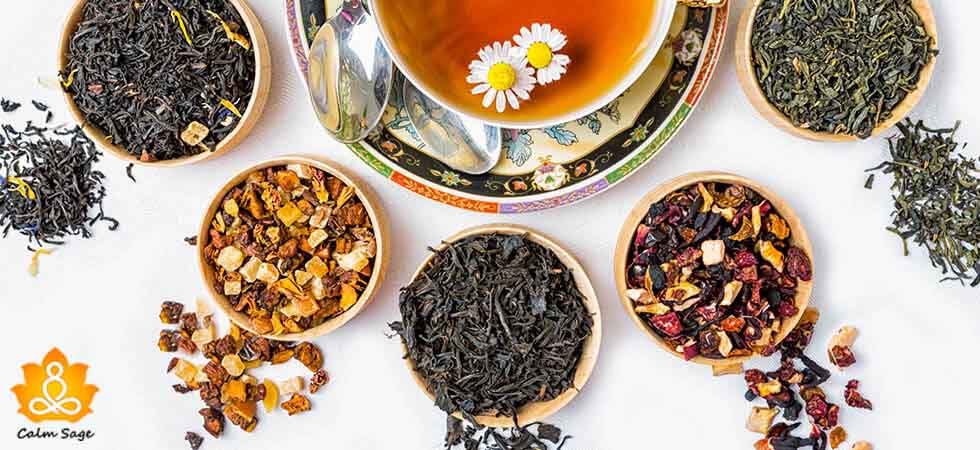Thyme - Thyme is another herb that is beneficial for digestive disorders, bronchitis, sore throat, whooping cough and arthritis. If you have skin ailments or want to increase your appetite, then thyme can work as a stimulant. Thyme can also solve urinal troubles and is effective in reducing high blood pressure. As a herb, it contains high levels of falconoid phenolic antioxidants which maintain healthy mucous membranes of the skin.
Lemongrass - This herb mainly cures digestive problems and is usually served after dinner. It contains citral which is also found in lemon peels and boasts strong antimicrobial and anti-fungal properties. It has a high quantity of vitamins and minerals such as potassium, iron and magnesium. Potassium is highly potent in controlling heart rate and blood pressure.
Lemon verbena - This herb is effective in treating indigestion, gas, diarrhea and constipation. Lemon verbena can also relieve and alleviate joint pain issues, insomnia, asthma, cold, fever and skin conditions.
Rosemary - Rosemary leaves are a good digestive agent and are known for relaxing the muscles; it is also beneficial for gallbladder and liver ailments. If you have a cough or mild asthma, rosemary can be helpful. Small doses of rosemary tea can enhance memory in the elderly and can be effective for patients of Alzheimer's.
Sage - Sage tea leaves can be beneficial for a number of digestive problems such as flatulence, stomach pain, diarrhea, bloating and heartburn. For women, it can be useful during menstruation cramps, menopause and in controlling the excessive flow of milk during lactation. It can also be consumed regularly for Alzheimer's and depression.

 Herbal tea has many varieties, and each of them has several health benefits. Here's a list of five herbal teas along with their goodness.
Herbal tea has many varieties, and each of them has several health benefits. Here's a list of five herbal teas along with their goodness.










.jpeg)



















.jpg)
.jpeg)